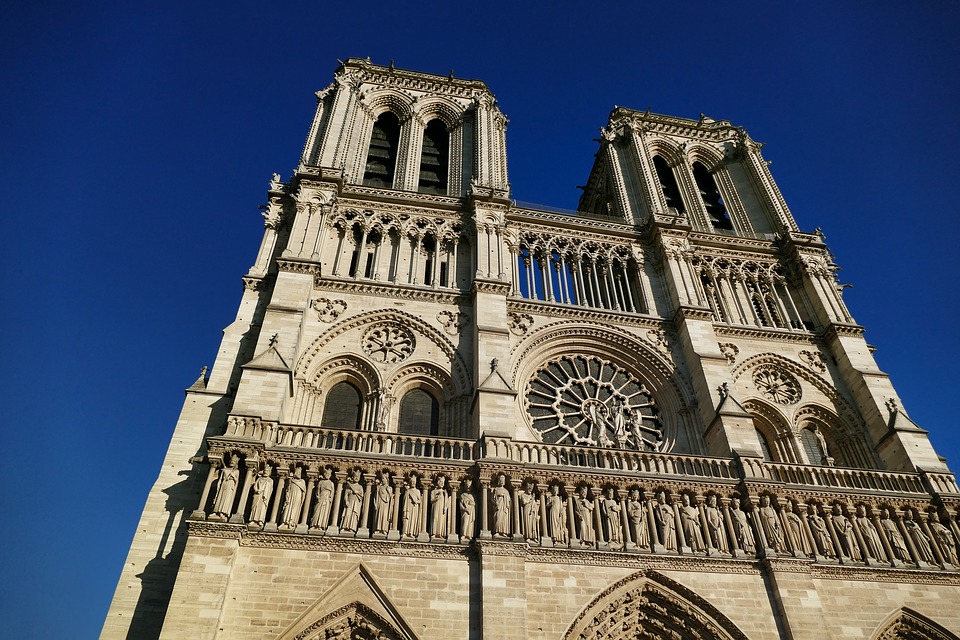For fifteen hours one of France’s most well-known landmarks stood ablaze: the Notre Dame cathedral, engulfed with flames, made headlines across the world.
Empathy from political figures has been pouring into France, from Theresa May’s condolences to Donald Trump’s fire extinguishing advice. This type of interaction, of course, is to be expected, though I find people’s financial expression of empathy a lot more interesting.
Emergency funds having been released by the French state and, at the time of writing, pledges from France’s corporations and richest families to help rebuild the cathedral surpassed €600 million euros. One of the world’s richest men, Bernard Arnault, donated €200 million alone. For those with more restricted purse strings, a donation page has been set up, raising just shy of €4 million less than twenty-four hours after the first call to the emergency services was made.
I must admit, this is astonishing, reflecting the good in people who want to help a country recover from what is being described as a “national tragedy.” While I agree with Angela Merkel that the Notre-Dame Cathedral is a “symbol of France” and key to the culture of the country, I cannot help but think that the money pledged to rebuild the cathedral to its full glory would be better spent elsewhere in the city.
If the gilets jaunes protests weren’t enough to draw your attention to the inequalities in Paris, it is worth noting that in the most underprivileged Parisian neighbourhoods the poverty rate stands at forty per cent, compared to a national average of fourteen per cent. Would it not be more worthwhile for the significant wealth of the few to be focused on tackling the poverty of the many in the poorest Parisian districts? In the lead up to the 2024 Olympics, even Macron himself has expressed concerns that some of the poorest Parisian districts are not seeing benefits from this renovation. If he is failing to ensure that the goals are met for these poorer parts of Paris, it is questionable as to how he expects to deliver on his promise that Notre-Dame cathedral will be restored to its full and former glory.
Furthermore, with early reports estimating that the cost of rebuilding Notre-Dame will be in the multi-billion euros, is the complete reconstruction of the cathedral even possible? It was already proving to be a costly project even before the events of Monday night, with more than €4 million being spent on basic renovations every year. This seems a like a lot of money being raised for a building, no matter how culturally significant, when such a significant proportion of the population struggle to afford three meals a day, let alone cover other costs of living.
Admittedly, I am torn. From a solely subjective view, I completely empathise with the people of Paris who feel that they have been affected by this. The Notre Dame cathedral is a symbol of Paris, resonating with the film industry, and embodying French art and history. The success of the donation page and the size of pledges made highlights how people from around the world want this building to be returned to its former glory. Who am I to judge how they want to spend their money?
In spite of all this, I can’t help but believe that while the building should be reconstructed so that it again can be used, the city of Paris is facing other issues that deserve greater monetary attention.
Louisa Polack

